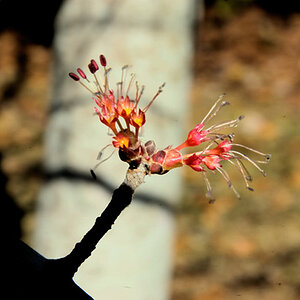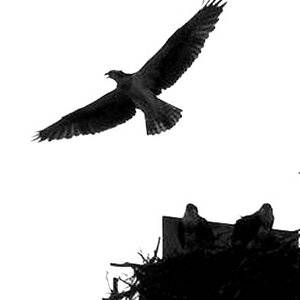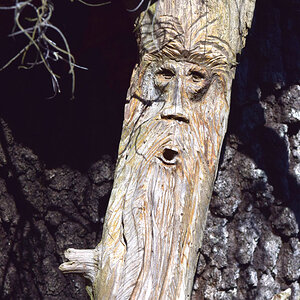bantor
TPF Noob!
- Joined
- Aug 15, 2005
- Messages
- 526
- Reaction score
- 9
- Location
- Calgary Alberta
- Website
- jrcreations.bravehost.com
I am finally gonna go out and buy myself a polarizing filter, my question is what is the best?
I plan on getting a circular, but i was wondering if i should get a normal one, or a warming circular polarizer? Also is multi coating that much better?
Thanks for the help
Edit: Sorry for the typo in the title
I plan on getting a circular, but i was wondering if i should get a normal one, or a warming circular polarizer? Also is multi coating that much better?
Thanks for the help
Edit: Sorry for the typo in the title



![[No title]](/data/xfmg/thumbnail/41/41934-5071025280901954ee561590003df10e.jpg?1619739947)


![[No title]](/data/xfmg/thumbnail/34/34118-1c18899050bfacc1ed25ac6c1740422b.jpg?1619736288)


![[No title]](/data/xfmg/thumbnail/41/41889-81d59d4994c91e71aaf805b05b133966.jpg?1619739933)



